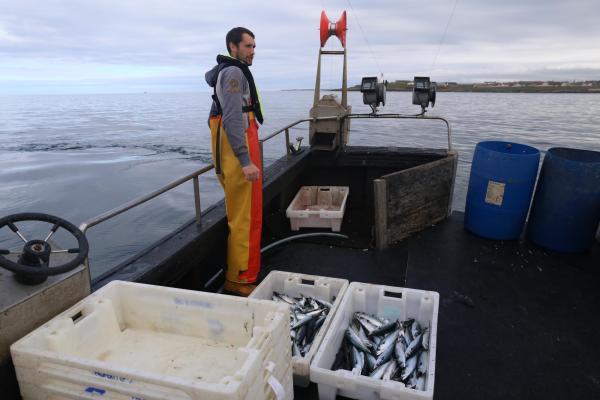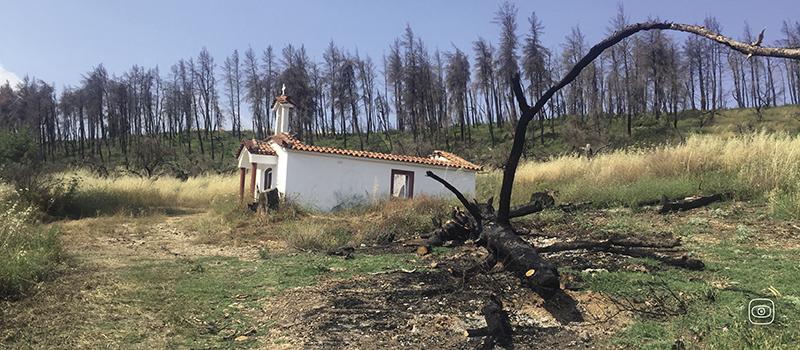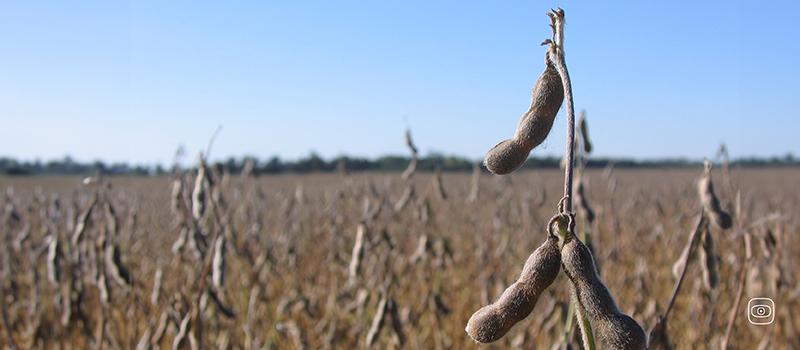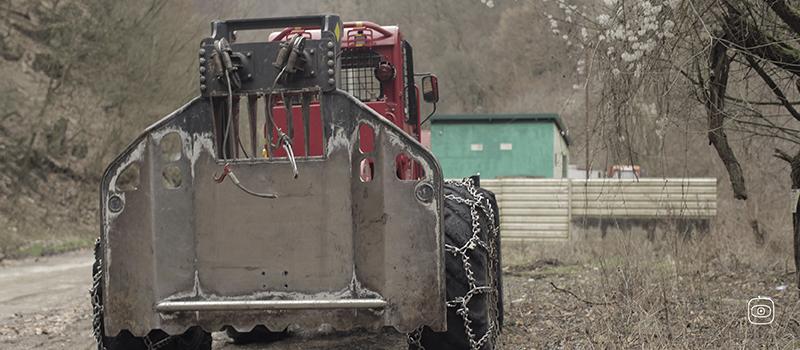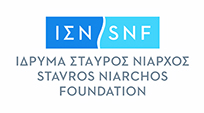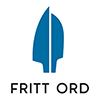
According to a 1980 international UN law, the Northeastern Atlantic countries must meet regularly to agree on a fishing quota for each country––so that everybody gets a fair share and fish stocks don't get overfished. The multilateral agreements are supposed to ensure that no government exploits the moving fish resource within their borders.
But for over a decade, there has been no agreement on who gets to fish and how much of some of the most prominent pelagic fish species like mackerel, blue whiting, and herring. As attempts to find a working compromise have failed, some countries have formed smaller shifting alliances while unilaterally increasing their fishing quotas.
Then Brexit happened, adding a new player to the negotiating table and making the equation more complex than ever: a new nation with a vast coastline and fishing impact has entered negotiations. Biologists, industry members, and politicians have predicted troubles in the area for a while.
Thanks to the Investigation Grant for Environmental Journalism, we investigated how this conflict has led to significant overfishing in the region. We looked at the political, sociological, and economic motives driving the conflict and reported on the negative impact of such as a potential clash on the area’s marine ecosystems and fish stocks.
ONLINE
- Fangquoten, Fang mich nicht! - SüddeutscheZeitung (26/10/2022)
- Atlantic overfishing was already a problem. Then Brexit happened. - The Guardian (26/10/2022)
need resources for your own investigative story?
Journalismfund Europe's flexible grants programmes enable journalists to produce relevant public interest stories with a European mind-set from international, national, and regional perspectives.
support independent cross-border investigative journalism
We rely on your support to continue the work that we do. Make a gift of any amount today.



